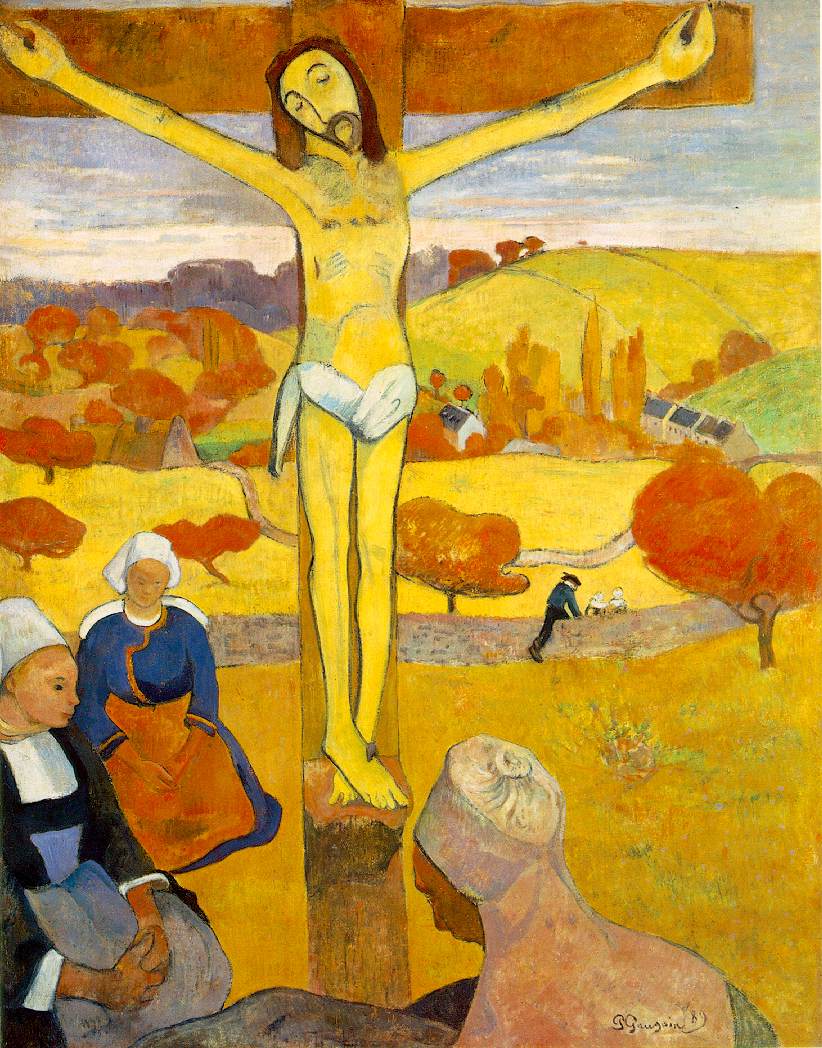When my son was in his first year, my wife took a photo of the two of us as I lying on the floor holding him aloft in my arms. It was one of those parental pure joy moments. But what we didn't consider is that the television news was on behind the scene of the tow of us. Onscreen was a photo of Sadaam Hussein during the runup of a middle eastern war. It was a kind of foreshadowing of the transition from conflict of ideologies in the Cold War that framed my youth to the conflict of religions and worldviews that predominates today.
There is a middle verse in a hymn by Ebeneezer Elliot from a time just prior to the founding of my congregation in the mid-nineteenth century. That hymn was written into Godspell some years ago. Here is that verse:
"Shall crime bring crime for ever,
Strength aiding still the strong?
Is it thy will, O Father,
That man shall toil for wrong?
'No,' say thy mountains; 'No,' thy skies;
Man's clouded sun shall brightly rise,
And songs be heard instead of sighs;
God save the people!"
If only we could be saved from ourselves and our killing impulses. Friends introduced me to the rolling lyrics of Canadian, Bruce Cockburn some years ago. His song, "Justice," seems to capture the instinct of our age - "Everybody wants to see justice done on somebody else."
He wrote the song during the ideological battles surrounding the Central American conflicts. However, in this broadcast he sings from Canada along with the world grieving following the tragedy of 9/11.
On Good Friday, I find myself reflecting on so many dimensions of the cross. In many ways I find the cross to be a mirror of humanity and a mirror of my own soul. I have to confront the truth and reality that I too have placed "one who knew no sin" upon the cross. I always want to see justice done ... on somebody else.
In humility, we see a path toward salvation. It begins when we stop the "pointing of the finger" as Isaiah framed it. Good Friday is a mirror. Perhaps that is why so many painters would paint their faces in the crowd of those looking upon the cross (or sometimes even into the face of Christ). The cross is a convicting mirror.
Will it change us?
Paul Gaugin - "The Yellow Christ"
